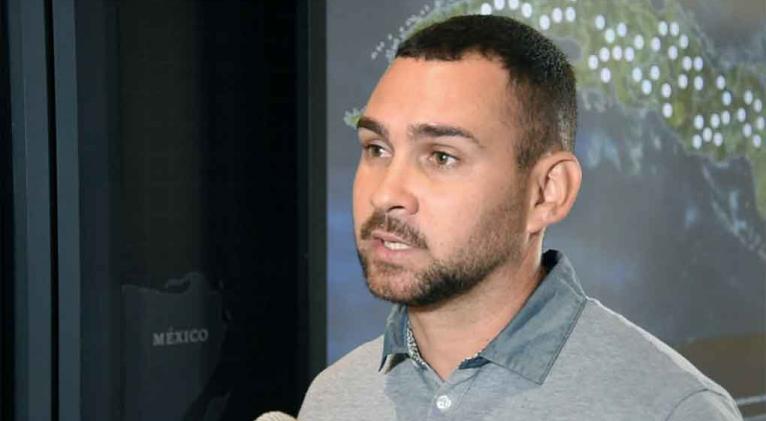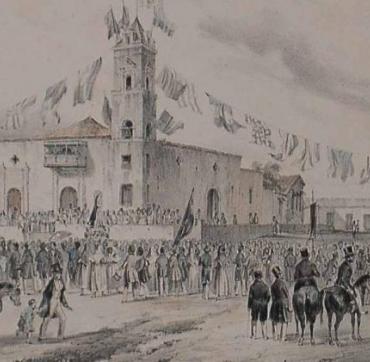Elián González Expresses Gratitude to Cuba and Fidel Castro for “Epic Battle”
especiales

Gratitude and commitment are the words that best capture the sentiments of Elián González Brotons today, 25 years after his return to Cuba—a moment that remains etched in the collective memory of the Cuban people.
González, who at just six years old was the sole survivor of a shipwreck while being taken illegally to the United States by his mother in November 1999, recalled the tragic event that claimed the life of his mother, Elizabeth Brotons. The incident sparked a fierce political and legal struggle led by Cuba’s historic leader Fidel Castro and fueled by the will of the Cuban people and Elián’s father, Juan Miguel González, to bring the child back to his homeland.
“They (the Cuban people and Fidel) were the true protagonists, along with my father’s unwavering conviction to demand my return,” said Elián, now 31, as the 25th anniversary of his homecoming on June 28 approaches.
“In all this time, I’ve come to fully understand the magnitude of the national and international battle waged—led by the Commander-in-Chief—to ensure I would be with my father and where I truly belonged. That only deepens my love and respect for Cuba and its iconic leader,” he stated.
Speaking at the Fidel Castro Center to members of various sectors of society, González recounted, through stories told to him over the years, how Fidel Castro personally directed strategies to reclaim him—taking into account his father’s wishes at every step, despite the immense responsibilities of his leadership.
“That shows the greatness of a man who, while guiding an entire nation, made my case a national priority,” he reflected.
Beyond securing his physical return, Elián highlighted how the Cuban government worked to preserve his innocence and emotional well-being. "They ensured I could return to the same environment I was taken from, allowing me to live a peaceful, harmonious life, away from the intense media attention the case had generated."
“Fidel Castro placed me not just back in my home, but in every Cuban household,” he added. “That’s something I carry with pride and see as a lifelong commitment not to disappoint.”
He also affirmed his dedication to remain in Cuba under any circumstance and contribute to building a better nation. “In moments of hardship, I always remember: Fidel wouldn’t give up or let himself be defeated. He taught us to fight and move forward.”
The Events After the Shipwreck
On November 25, 1999, Elián was taken from Cuba by his mother without his father’s consent, aboard a small, unsafe boat. The vessel capsized, and of the 14 people on board, only three survived—Elián among them, rescued by fishermen off the coast of Florida and handed over to U.S. authorities.
Initially placed in the custody of a great-uncle in Miami, Elián’s situation became the focus of international controversy. Under the then-active “wet foot, dry foot” policy, relatives in the U.S. argued the child had the right to request political asylum.
However, his father, backed by the Cuban government, demanded Elián’s return. After months of legal and diplomatic disputes between Havana and Washington, and following a federal order, U.S. authorities forcibly removed the boy from his relatives' home in Miami on April 22, 2000.
Elián and his father remained in the U.S. while the final legal proceedings played out. On June 28, 2000, they returned permanently to Cuba—marking the end of a dramatic international saga that saw mass demonstrations across Cuba and global media attention.
Today, Elián González is a national figure and a symbol of sovereignty and resistance for many in Cuba.














Add new comment